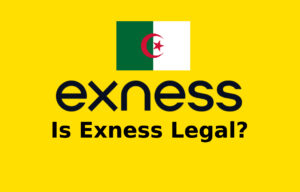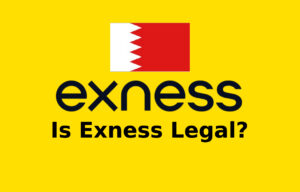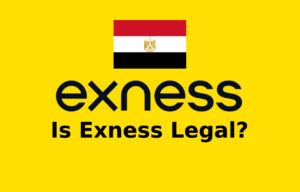Exness is a globally recognized broker that offers forex and CFD trading across many countries. However, the legality of using Exness in Libya depends on several factors such as local regulations, licensing status, and the platform’s adherence to global standards. Let’s break down what you need to know before trading on Exness from Libya.
Exness in Libya: Is It Legal to Use?
Exness allows Libyan traders to access its platform and trade in various financial markets. The legality of using Exness in Libya is somewhat complex due to the lack of clear local regulations for forex brokers. While there are no explicit legal restrictions against using Exness, it’s important to recognize that Exness doesn’t hold a specific license from Libyan authorities.
In practice, this means that Libyan traders can use Exness’s platform freely to open accounts, deposit funds, and execute trades. However, the absence of a local regulatory framework leaves some grey areas in terms of oversight, which could limit legal protections available to traders in case of disputes or issues with the platform.
Compliance with Local Laws and Regulations
Libya does not have a dedicated regulatory body overseeing forex and online trading platforms. This lack of regulation creates a degree of uncertainty for brokers like Exness that operate within the country. Exness, as an international broker, complies with the regulations of the jurisdictions where it is licensed and operates, including the UK’s Financial Conduct Authority (FCA) and Cyprus Securities and Exchange Commission (CySEC).
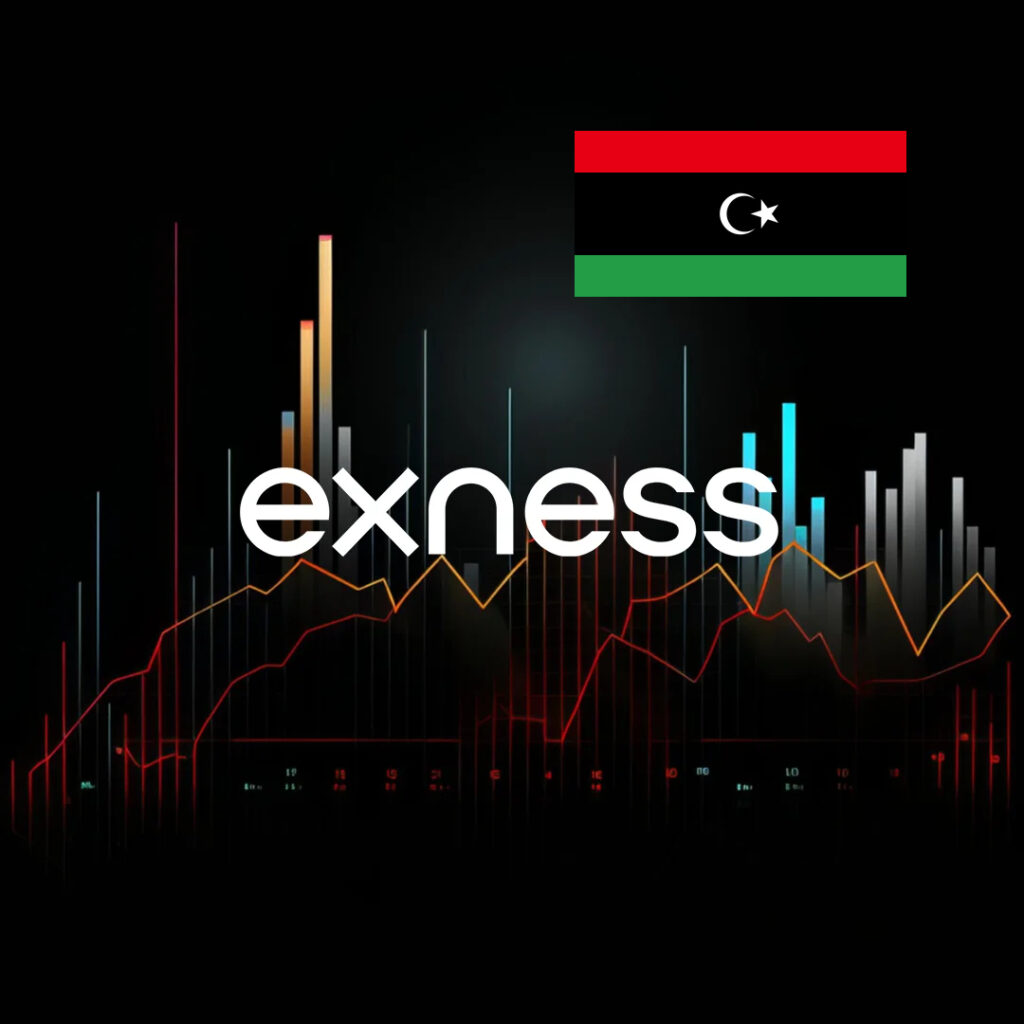
Though Libya does not regulate forex trading directly, traders should still be mindful of complying with local laws regarding financial transactions. For example, Libya has laws in place for anti-money laundering (AML) and fraud prevention. Traders should ensure that their transactions do not violate these laws, especially when engaging with international brokers like Exness.
It is also wise for Libyan traders to keep informed about any changes in national regulations that might affect online trading, as political and regulatory shifts can happen over time.
Licensing Status
Exness does not hold a license from Libyan financial authorities, as the country does not have a regulatory body specifically dedicated to overseeing forex brokers. However, Exness is regulated by several well-respected international financial bodies:
- CySEC (Cyprus Securities and Exchange Commission): Oversees Exness’s operations in Europe, ensuring adherence to strict EU regulations.
- FCA (Financial Conduct Authority, UK): One of the most respected financial authorities globally, ensuring that Exness operates with high standards of security and transparency.
- FSCA (Financial Sector Conduct Authority, South Africa): Regulates Exness’s operations in South Africa, providing additional credibility and regulatory oversight.
While the absence of a Libyan license means there is no local body offering consumer protection, Exness’s international licenses from these bodies ensure that it follows high standards of operation, maintaining a secure and transparent environment for its users.
Exness Operations in Libya Without Local Licensing
Exness operates in Libya without a specific license from Libyan financial authorities. This does not make its operation illegal, but it means that Libyan traders may not have access to local legal recourse or protections in case of issues with the broker.
For example, should a trader encounter a dispute or a problem with their account, they may face challenges in resolving the issue with Libyan authorities, as the country lacks a regulatory framework for forex trading. Instead, traders would need to rely on Exness’s internal dispute resolution procedures or the regulations in the countries where Exness is licensed.
Other Important Considerations for Libyan Traders
While Exness is accessible to traders in Libya, there are a few important things to consider before using the platform:
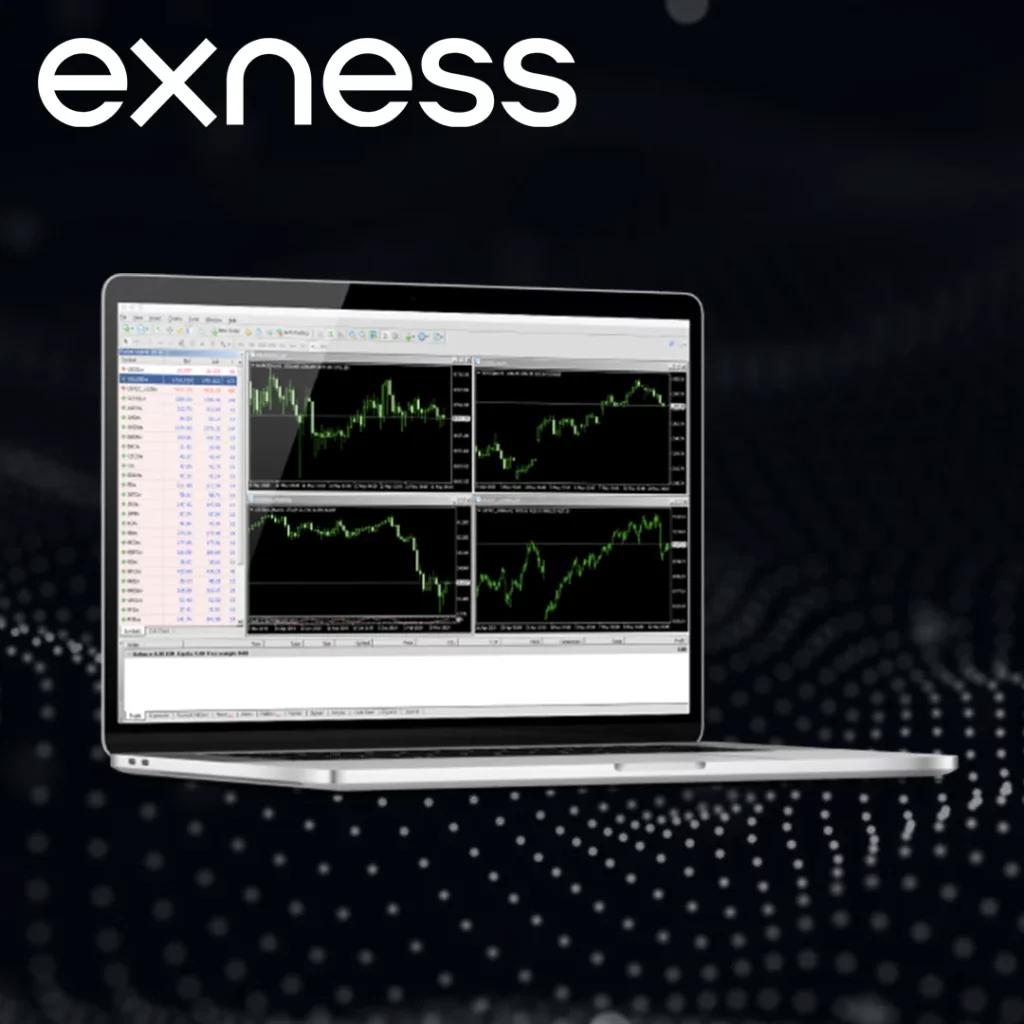
- Currency Restrictions: Libyan traders may face challenges when trying to deposit funds in Libyan dinars (LYD), as Exness may not support the currency directly. Traders may need to convert their funds into a more widely accepted currency such as USD or EUR.
- Payment Methods: Due to international sanctions and banking restrictions, some payment methods might not be available in Libya. Local payment options or international gateways like PayPal or credit/debit cards may be restricted, making it necessary for traders to find alternative methods for funding their accounts.
- Risk of Sanctions: Libya is subject to international sanctions, which could affect the ability of traders in the country to withdraw funds from Exness. Traders should stay informed about any sanctions or restrictions that may affect their transactions and trading activities.
- Security and Transparency: Exness offers strong security features, such as two-factor authentication (2FA), and adheres to high standards for protecting user data. Despite the lack of a local license, the broker is generally regarded as safe and secure due to its international regulatory adherence.
- Political and Economic Environment: Given Libya’s unstable political and economic situation, traders should remain cautious about any future changes that may impact their ability to trade or withdraw funds. Regularly monitoring the financial climate is crucial for ensuring safe trading practices.
Conclusion
Exness is technically available to Libyan traders, though it does not have a specific license from Libyan financial authorities. The absence of local regulation means that there are fewer protections for Libyan traders compared to those in countries with established financial oversight. However, Exness operates under well-respected international licenses from authorities like CySEC, FCA, and FSCA, ensuring that its services comply with high standards of transparency, security, and customer protection.
Libyan traders can still use the platform to engage in forex trading, but they should be aware of potential challenges, including issues with currency conversion, limited payment options, and the lack of legal recourse in case of disputes. Staying informed about local regulations and international sanctions, as well as exercising caution, will be key to ensuring a safe trading experience on Exness in Libya.

Trade with a trusted broker Exness today
See for yourself why Exness is the broker of choice for over 800,000 traders and 64,000 partners.

